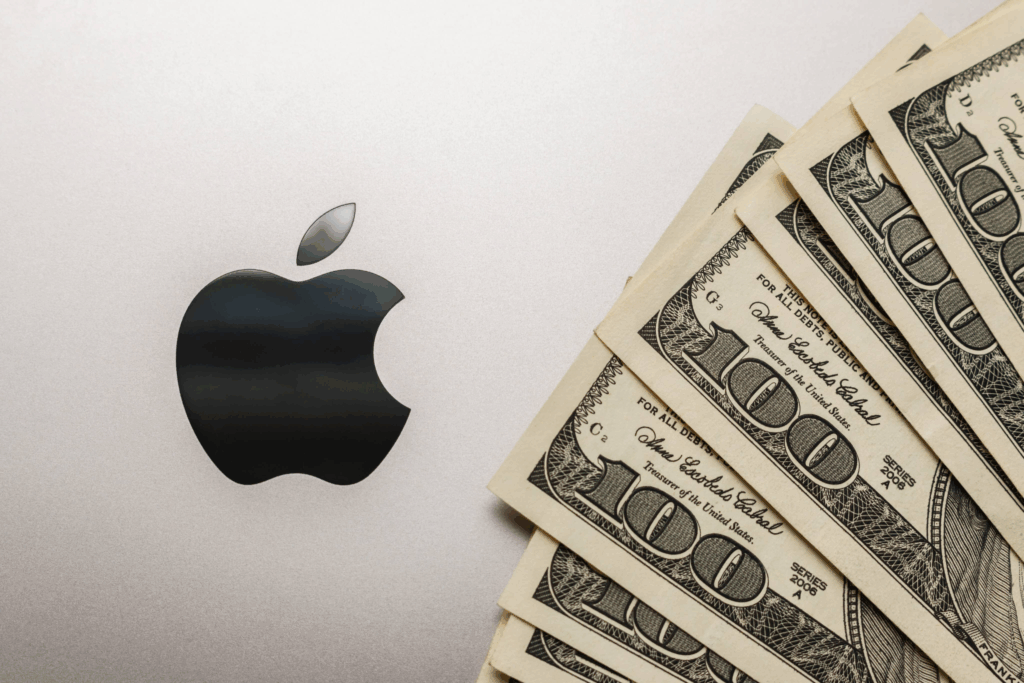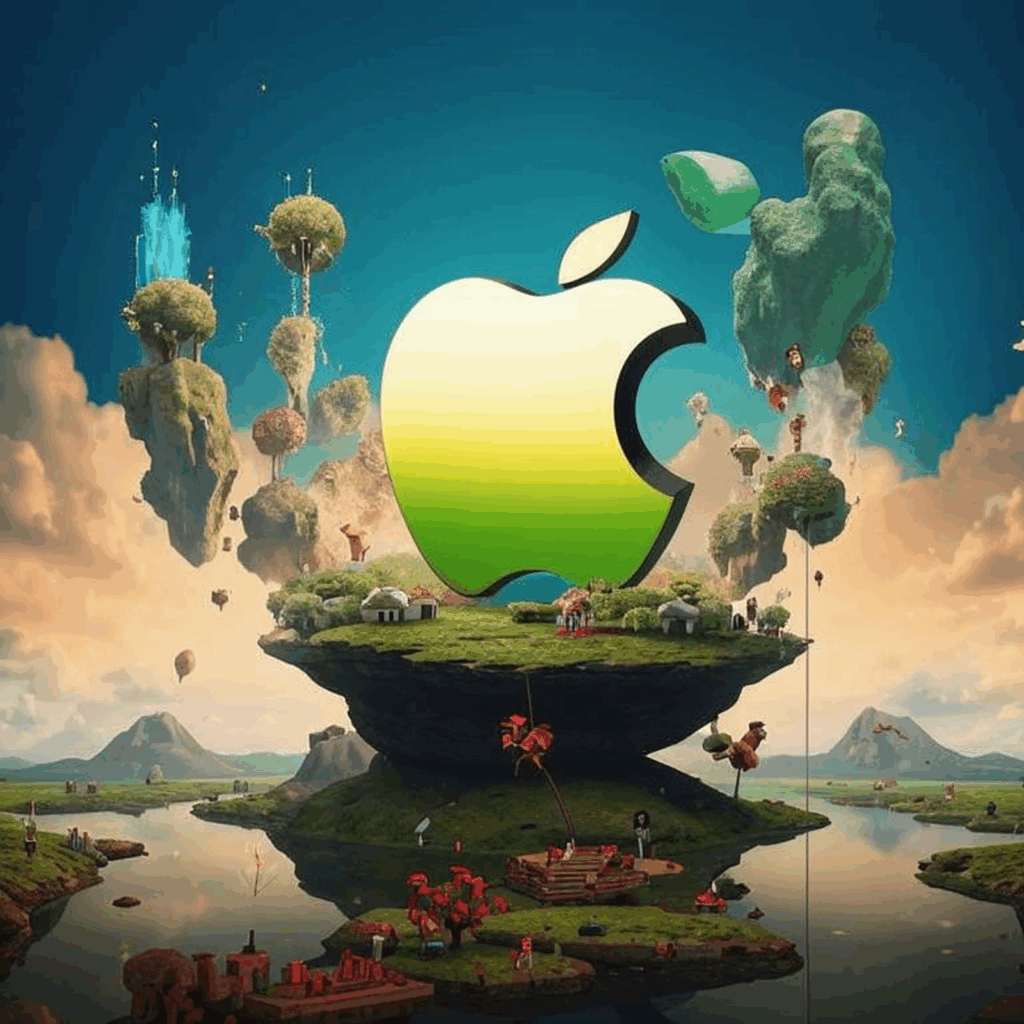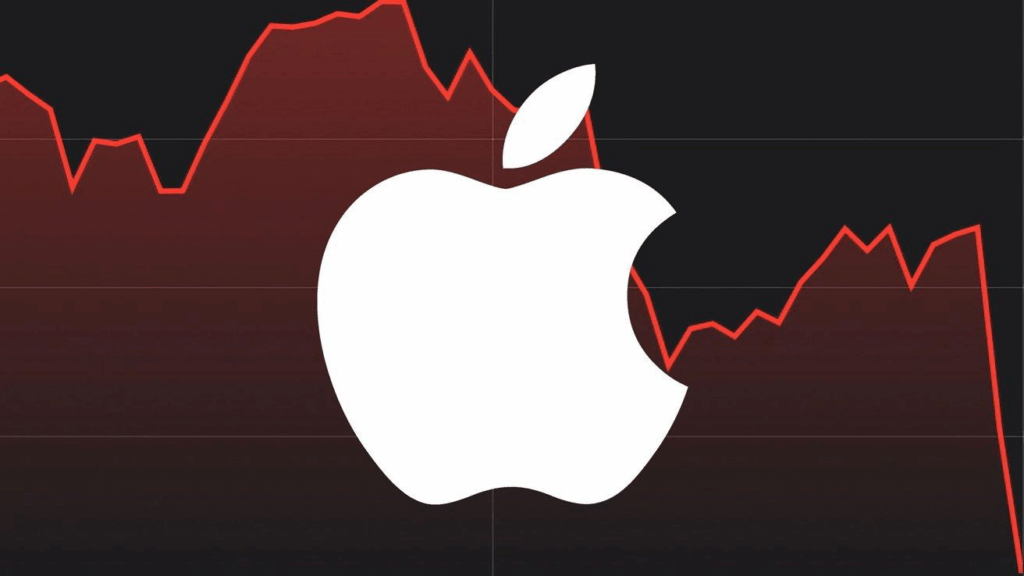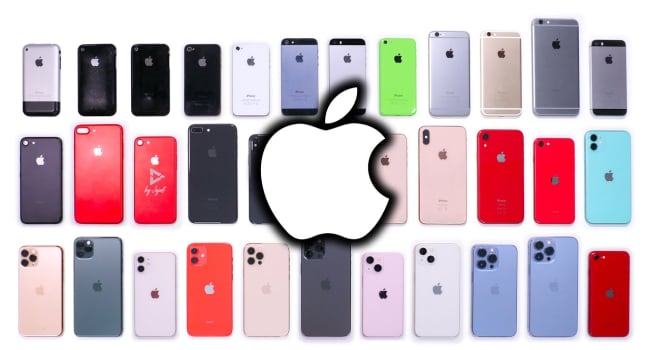? Once again, Apple has proven it knows how to win — not just riding the hype wave, but thriving in the real economy. While the world debates the future of artificial intelligence, Tim Cook’s company reminds us of a simple truth: a strong product, a built ecosystem, and disciplined management can generate profits even in turbulent times.
What the report showed
Apple’s latest quarterly report exceeded analysts’ expectations. Revenue rose thanks to record iPhone sales and continued growth in services — the company’s two main pillars.
iPhone 17 sales outperformed forecasts despite temporary supply disruptions. Apple successfully balanced demand and production, and the refreshed models delivered both in design and performance.

The services segment — including App Store, iCloud, Apple Music, Apple TV+, Apple Pay, and enterprise solutions — grew around 15% year-over-year, now accounting for nearly a third of total revenue. It’s also the most profitable segment, generating steady cash flow without manufacturing costs.
Mac showed moderate growth after updating the line of laptops based on M-series chips. The iPad remained at the previous level, while the accessories category (including AirPods and Watch) showed a slight decline, which analysts attribute to market saturation.
Outlook and expectations
Apple expects sales to grow 10–12% in the December quarter, setting a positive tone before the holiday season. Tim Cook told investors that the company enters the peak period with an “outstanding product lineup” and strong market position.

The market reacts similarly: analysts are raising target stock prices, and most investment firms maintain a “buy” rating. Following the report, the company’s shares reached a new all-time high, and technically the stock continues to hold within a stable upward trend.
Why it matters
While most tech giants rush to lead the AI revolution with bold promises, Apple takes a different path — focusing on real user demand.
Instead of declaring an AI revolution, Apple quietly integrates intelligent features into existing products. This is strategic restraint: Apple doesn’t sell promises — it sells experience.
Its biggest strength remains the ecosystem. Each new iPhone user becomes part of the broader Apple world — from iCloud storage to Apple Pay. The wider this ecosystem grows, the stronger customer loyalty and cash flow stability become.

The growth of the services segment strengthens the business model: less dependence on seasonal peaks in device sales and more stable subscription revenue.
Investment perspective
Apple remains a model of “smart growth.” It’s one of the few trillion-dollar companies that still shows the agility of a scaling startup.
Key advantages:
- steady demand for flagship devices;
- high-margin service segment;
- strong balance sheet and free cash flow;
- well-paced AI strategy;
- efficient supply chain management.
Technically, Apple shares are holding support and could extend gains above $280. Long-term investors see the company as a reliable asset with predictable dividends.

? Conclusion
Apple proves once again: it doesn’t follow trends — it sets them. The company exemplifies quiet, confident leadership — replacing hype with results and promises with products people truly love.
Amid global AI excitement, Apple represents a different kind of innovation — quiet, consistent, and sustainable. And that’s exactly what makes it one of the most reliable players in the tech world for years to come.
All content provided on this website (https://wildinwest.com/) -including attachments, links, or referenced materials — is for informative and entertainment purposes only and should not be considered as financial advice. Third-party materials remain the property of their respective owners.


